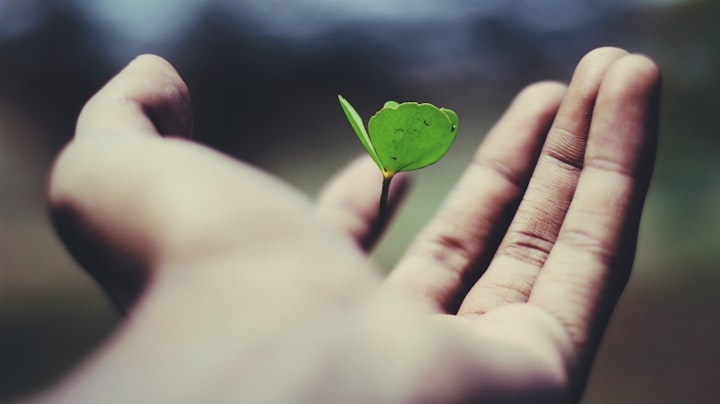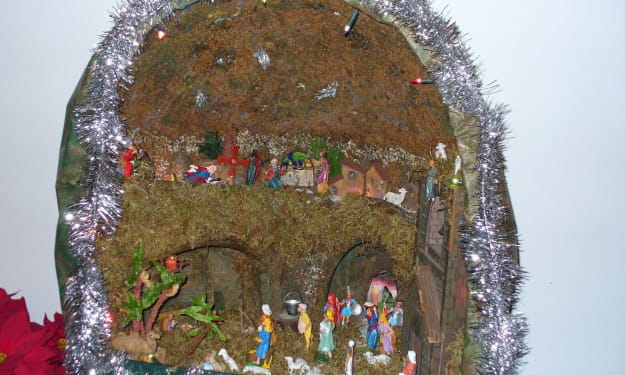Adriana Pedicini, "Il fiume di Eraclito"
Poetry on life and death

Behind the slow swaying of the acacias
The watermark of memory rises
Of the long branch
Slamming on the window
And the face faded among the acre flowers
And the gaze is motionless.
Also today
Between the slow steps
Of this spring
It only spreads in the air
the bittersweet scent of acacias.
This collection by Adriana Pedicini, “The River of Heraclitus”, touches on and retraces all the themes dear to the author, in particular a spasmodic need for life and an immense fear of death. On closer inspection, with a few exceptions, these are, combined with nostalgia (nostalgia leads to a life / which is not the one to live), and the sad passing of time, the topics most dear to writers who are no longer very young. Time flows, like the river of Heraclitus; while you are living, the present moment has already become something else, it is not enjoyed for the anxiety of the future or the regret of the past.
Life is loved in a modest and trembling way, but with a passion that is perceived as violent, almost inconvenient, albeit held in check: the stronger the desire / of this precarious life, life is a desire / strangled in the heart. It manifests itself in nature, in the branch that blooms and renews itself, in the mountain, in the lake, in the meadow, in the river. Especially in the child who is born (of the renovated house / from rosy cries / at the blossoming of life) and, for a moment, with his coming into the world, he defeats Death, which, however, immediately returns to have the upper hand, as a real event , but also as a distressing, omnipresent thought. We are alone in this thought, because it is difficult to confide in one another, perhaps we would not be heard, perhaps we would obtain only a mild invitation to be optimistic, perhaps only a quick and furtive conjuration.
Everything is permeated with melancholy, the poetic fabric at times tears in gashes of pain and fear, at other times it dissolves in sweetness, towards the child who is born, towards conjugal love (tender and necessary love) which, even in the silence of senses, it is still the sweet and ardent one of the early days, but it has also become a refuge, an almost filial consolation (as a small child), capable of transforming sharp stones into round stones, an indispensable love for survival itself.
Another source of comfort — even of rare epiphanic joy — is religion. The hope of merging into an Absolute, capable of redeeming injustice, if the world forgets the weak, the marginalized, and succumbs to evil, to war violence, is alive. God pacifies and liberates but nevertheless remains an unknowable mystery, an unfathomable abyss.
The Weltschmerz, to which the author herself refers in the preface, is a private punishment, but also a historical fact, without ever losing its universality. A pain, as we said, restrained, expressed with difficulty, which arises as a dull ache but, at times, also reveals a sharp horror, an excruciating suffering, to which we cannot resign ourselves, and that reason cannot accept or fight. This suffering is romantic but not pathetic, it is a pain in which we can all recognize ourselves and which we all feel, even if we do not admit it.
The style is not modern, these lyrics may have been written in the past centuries, they derive from the classical studies of the author, but Leopardi is also found there — often quoted directly and as a reminder of the uselessness of life (living be done in vain) — Pascoli and Ungaretti. I like them precisely for this reason, because they set aside inconsistent experimentalisms to succumb to an imperative of classicism, of elegance, which does not fear its ancient flavor and the terms dear to my poetic tradition.
Just as I opened with one of the most characteristic poems, I conclude by reporting the most atypical of the collection, which deals with the delicate theme of autism, and is beautiful due to the rarefaction of the language, here essential and almost rough.
Without words
Maybe
If the lake of your eyes
Brown waves
wave grim at the bottom
Or flashes pierce it
Of crystalline light,
if the silence of the night
make your soul
tent in which to seek shelter
or if the withered leaves
slow down the race
in the arrhythmia of life.
In the morning light
Like a child
Unable to go up
At the foot of a lonely staircase
Without cord
Aim for the mountain
Which has sunk into you
Her top.
About the Creator
Patrizia Poli
Patrizia Poli was born in Livorno in 1961. Writer of fiction and blogger, she published seven novels.






Comments
There are no comments for this story
Be the first to respond and start the conversation.